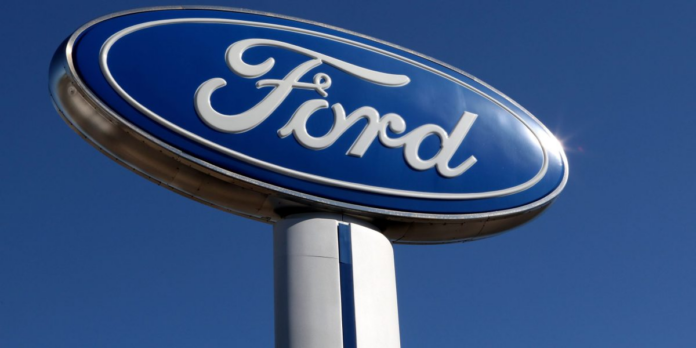Starbuck said Lowe’s is committed to ending identity-based employee resource groups and replacing them with a single group for employees of all backgrounds. Lowe’s also plans to limit its sponsorship to issues related to its business, such as affordable housing and disaster relief; end participation in Pride and other socially related community events; and stop submitting data to the Human Rights Campaign, he wrote.
Starbuck, who has been waging campaigns against corporate DEI programs, approached Lowe’s last week, telling the company he planned to target the home-improvement giant over policies such as their employee resource groups and donations to Pride events. The company responded Monday with preemptive changes, Starbuck said in a post on X.
Lowe’s is the latest big company to alter its diversity, equity, and inclusion policies amid pressure from conservative podcast host and activist Robby Starbuck.
Advertisement
The company joins firms such as Harley-Davidson, Tractor Supply, and Deere in reining in their DEI presence in recent months after being targeted by Starbuck amid a broader corporate reassessment of a fast-shifting legal landscape marked by rising risk. Companies are increasingly facing pressure to scale back or do away with DEI initiatives from both external critics and US courts as a wave of legal action challenges policies at scores of companies, including giants such as Starbucks, Meta, and Pfizer.
“A message is getting across to corporate America,” Starbuck told The Washington Post. “I think maybe there’s an awakening beginning to happen.”
Lowe’s did not directly respond to a request for comment from the Post. But in a memo to employees Monday that was seen by the Post, its executive team acknowledged that, like many companies, Lowe’s had been reviewing its DEI policies in the wake of the June 2023 Supreme Court decision that struck down affirmative action in college admissions.
DEI encompasses a wide range of practices that advocates describe as ways to diversify companies, schools, and organizations and ensure equal access to opportunity. It includes efforts such as recruiting and mentorship programs geared toward underrepresented groups, as well as anti-bias training and employee resource groups.
Companies should not “cower” to Starbuck and abandon their DEI programs, said Orlando Gonzales, senior vice president of programs, research and training for the Human Rights Campaign.
Advertisement
“Hasty, shortsighted decisions contrary to safe and inclusive workplaces will create a snowball effect of negative long-term consequences for companies, cutting them off from top talent, turning off LGBTQ+ and other consumers, and impacting companies’ bottom line,” he said in an email to the Post.
Critics of DEI programs say preferences based on race and gender are themselves discriminatory. Dozens of lawsuits challenging DEI policies in schools, government, and corporations are percolating through courts across the country, and Republican-led state legislatures are considering scores of anti-DEI bills.
Starbuck said he’s been orchestrating his campaigns with the help of “whistle-blowers” who have been sending him documents and other content related to dozens of companies’ DEI policies.
“We’ll start with companies that depend on conservative customers to survive, then we’ll shift to companies between the two, and suddenly the norm is looking a lot more like not having these programs,” Starbuck said. “You’re not going to shift it by going after Amazon and Starbucks first.”
Many firms have acted preemptively to guard against the legal threats, leading some to recast or discard race-based initiatives. Some have rebranded their programs or overhauled internal DEI teams. Some have moved away from using racial and gender considerations in hiring and promotion, and from identity-based programming such as employee resource groups for people of color and LGBTQ+ employees.
Still, most Americans approve of DEI, according to an April poll from The Post and Ipsos. Roughly 6 in 10 Americans said that diversity, equity, and inclusion programs are “a good thing” — and support was even higher for specific programs such as internships for underrepresented groups and anti-bias trainings.
Lowe’s and Ford announce rollbacks to DEI programs
RELATED ARTICLES




